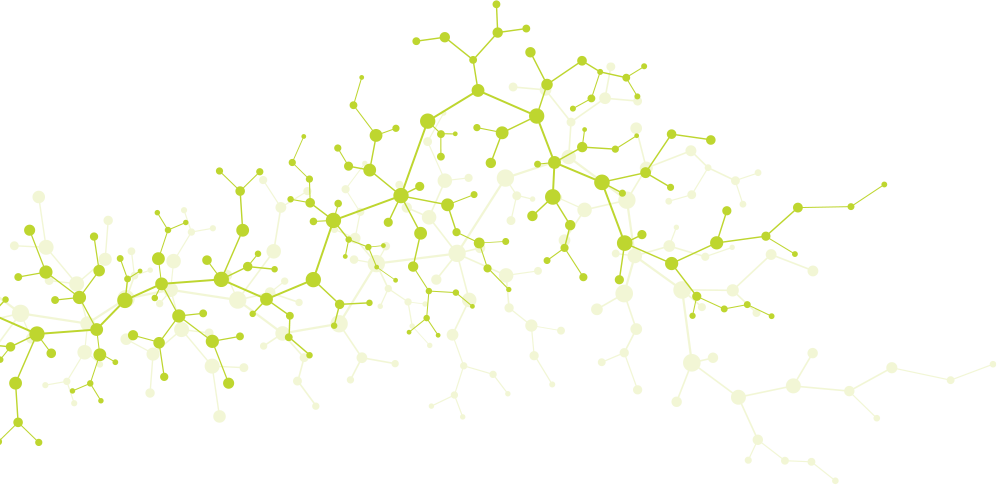Brain’s fear center larger in procrastinators

Few things can make a person feel worse about themselves than being stuck in procrastination. These folks are constantly plagued by not reaching their potential and disappointing themselves and others. However, procrastination is not the personality flaw everyone believes it to be —research shows the fear center in a procrastinator’s brain is actually larger than in the brain of a doer. This means a functional neurology approach can help you rehabilitate procrastination.
Scientists scanned the brains of 264 random men and women in a recent study. They then had the subjects fill out a questionnaire to determine whether they were procrastinators or doers.
They found that subjects who struggled with procrastination had a larger amygdala than the doers.
The amygdala is the control center for fear and emotion, meaning procrastinators aren’t lazy and unambitious as many assume, but rather fear can immobilize them when it comes time to initiate a new task.
In fact, a larger amygdala is linked to more anxiety in both children and adults. The larger the amygdala, the greater the anxiety.
Because the amygdala is connected to memory centers, past experiences can influence a tendency toward procrastination. People with a larger amygdala approach new tasks with more anxiety, concern, and hesitation.
The researchers also found a difference in connections in the brain of procrastinators. The brains of doers have a good connection between the amygdala and the dorsal anterior cingulate cortex, an area of the brain that helps process emotions and cognition — knowing, learning, and understanding things.
In procrastinators, however, this connection is impaired and plays a role in procrastination.
Procrastination and ADHD
Procrastination is also a common symptom of ADHD. Other ADHD symptoms include poor focus and concentration, being easily distracted, poor organization, easily overwhelmed, forgetful in daily activities, poor follow through, poor impulse control, restlessness, and more.
Functional neurology for procrastination
It’s important to understand neurological factors play a role in your procrastination. Many people who struggle with procrastination compound the problem by getting caught in a downward spiral of shame and self-loathing. This only adds to the anxiety and fear around starting and completing necessary tasks, making the problem worse.
Fortunately, functional neurology can help you with procrastination. It’s important to realize procrastination isn’t a stand-alone issue but instead part of a larger web of altered connectivity in brain function.
A functional neurology approach can help relieve procrastination by:
- Identifying underactive and overactive areas of the brain and areas of poor connection
- Customizing a protocol to rehabilitate these areas
- Integrating functional medicine protocols to improve the health of the brain
- Integrating behavioral therapy techniques to improve the brain’s plasticity, or ability to create and maintain new habits. For instance, giving yourself a very small and doable task on a regular basis can help build positive plasticity and activate the necessary brain chemicals to slowly override procrastination.
Don’t wait – ask our office for more advice on how functional neurology can help you find relief from procrastination.
